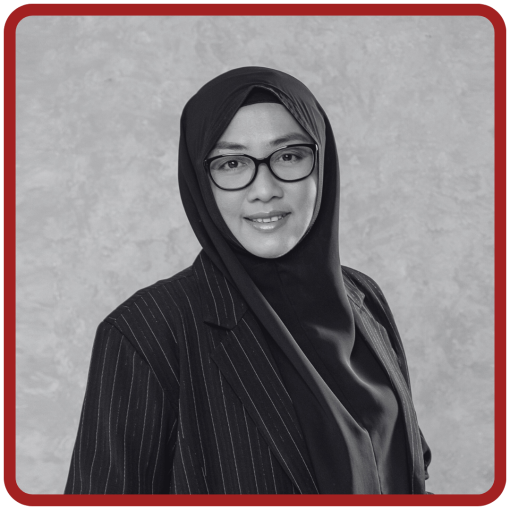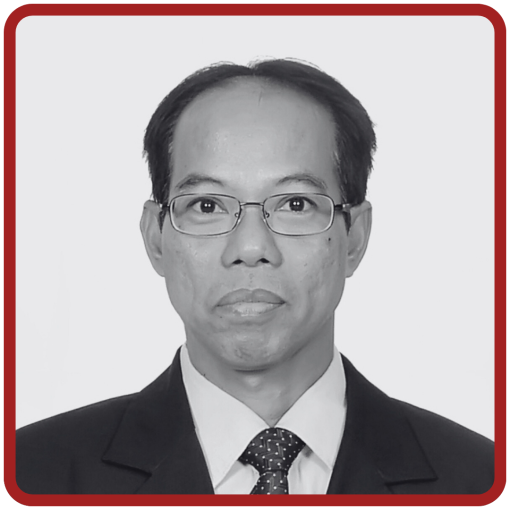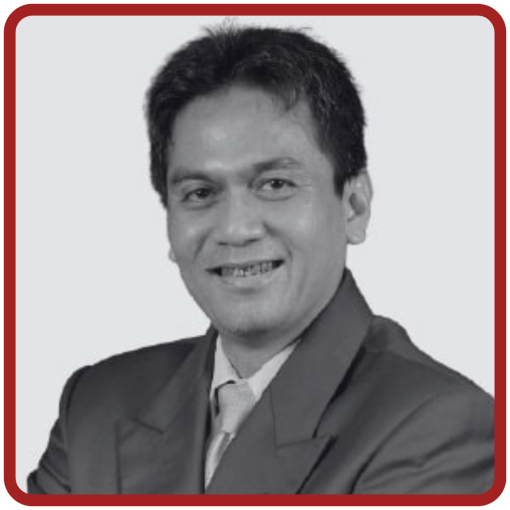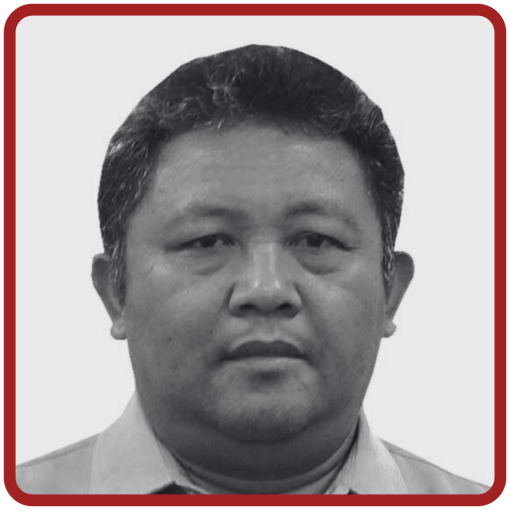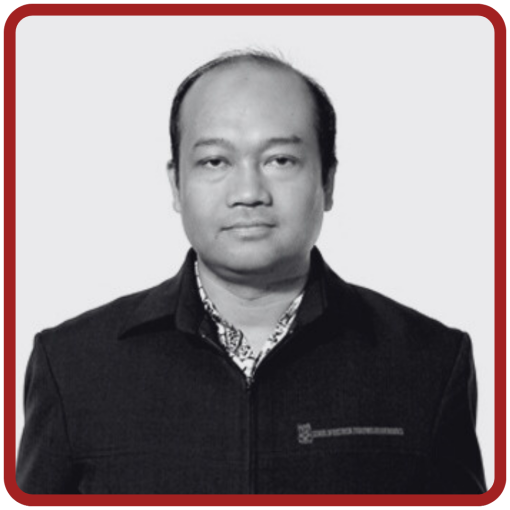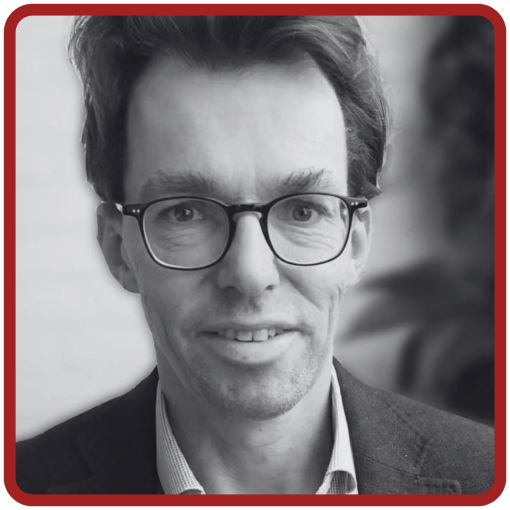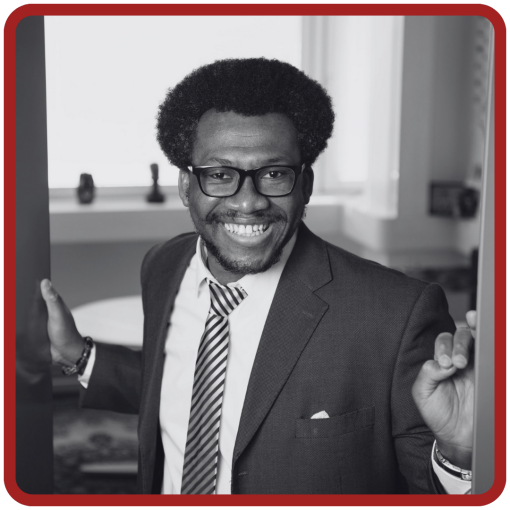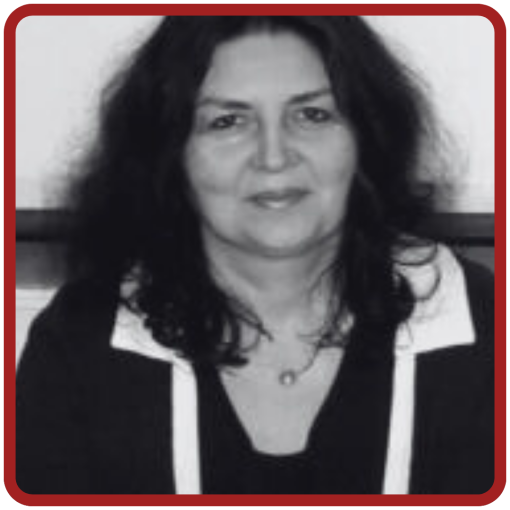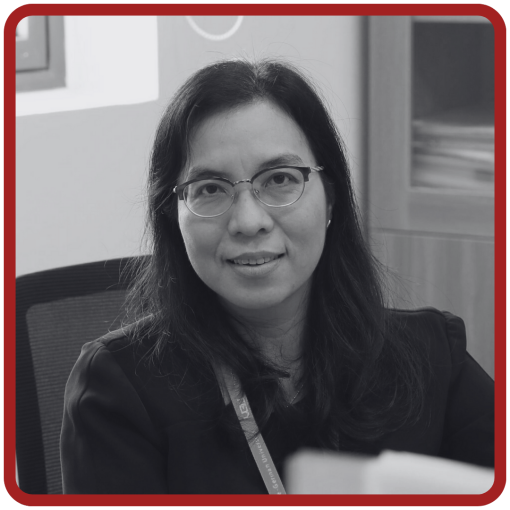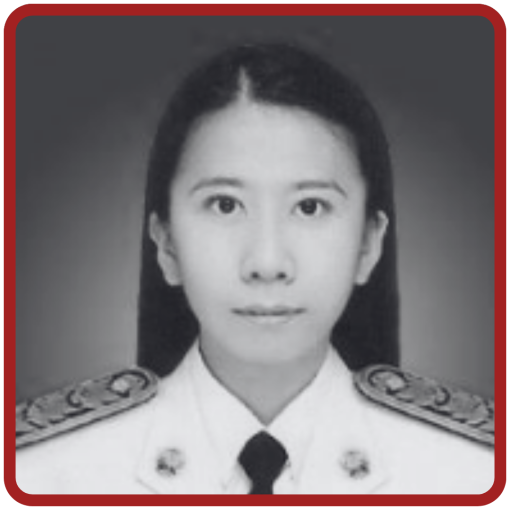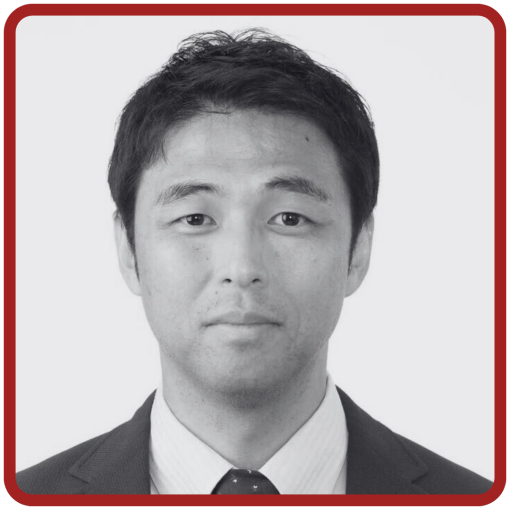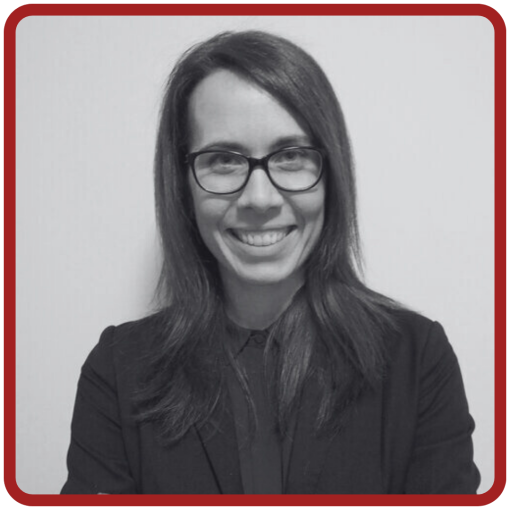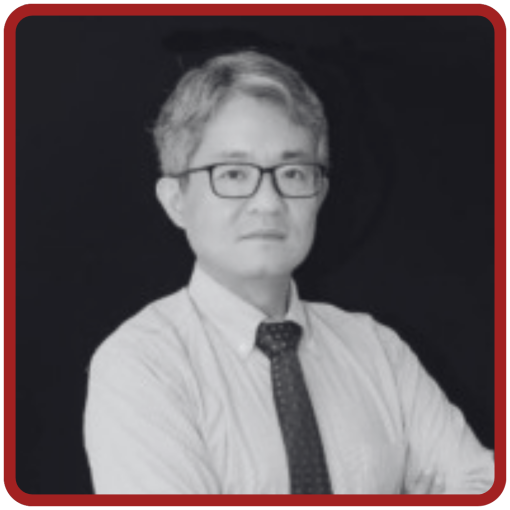SUMMER COURSE 2025 SMART CITY, DIGITAL TRANSFORMATION, AND SOCIETY IN SOUTHEAST ASIA
DESCRIPTION
SMART CITY, DIGITAL TRANSFORMATION AND SOCIETY IN SOUTHEAST ASIA SUMMER COURSE 2025 is a summer course held by Center for Southeast Asian Social Studies, Universitas Gadjah Mada, first conducted in 2024. This program is designed for students, researchers, practitioners, or professionals who are interested in smart cities, digital transformation, and society in Southeast Asia.
PROGRAM
Background
The rapid advancement of information and communication technology (ICT) has significantly influenced the development of cities worldwide. The concept of smart cities has emerged as a strategic response to various urban challenges, integrating technology to enhance efficiency, sustainability, and quality of life. Southeast Asia’s unique challenges require tailored smart city initiatives to ensure sustainable and inclusive development. Building on this momentum, smart city initiatives have expanded beyond major urban areas to include districts and villages, reflecting the growing need for accessible and efficient governance across all regions. In Indonesia, ICT is increasingly viewed as a solution to persistent urban issues such as congestion, environmental degradation, and service inefficiencies. The government’s commitment is reflected in programs like the “Movement Towards 100 Smart Cities” and participation in the ASEAN Smart City Network (ASCN), a collaborative platform launched in 2018 to support smart solutions across the region. National policies, such as the 2020–2024 RPJMN and related regulations, emphasize digital transformation as a key development agenda, aligning with global trends and ensuring that smart innovations contribute to equitable and sustainable progress.
Following last year’s program, the 2025 Summer Course returns to offer interdisciplinary insights and regional case studies, exploring how Southeast Asia is leveraging digital innovation to build smart cities, drive digital transformation, and address evolving societal challenges in the region.
Objective
- Developing a cross-disciplinary summer course at the Center for Southeast Asian Social Studies that focuses on learning and sustainable development of Smart Cities, Digital Transformation, and Society in Southeast Asia.
- Providing knowledge and knowledge to participants, especially learning and development of Smart Cities, Digital Transformation, and Society in Southeast Asia.
- Develop international networks in the fields of information and communication technology as well as social and culture for cross-disciplinary collaborative learning and research which will be useful for producing research and publications.
Learning Outcomes and Curriculum Description
- Participants were able to understand the basic principles, methods, and application of Smart Cities, Digital Transformation, and Society in Southeast Asia and other countries to support learning and development in Southeast Asia.
- Participants were able to understand various processes in Smart Cities, Digital Transformation, and Society in Southeast Asia to increase their knowledge of development processes in Southeast Asia and other countries.
- Participants can analyze and evaluate how information and communication technology is developing.
- Participants can apply various theories in class in the form of articles or essays about Smart City, Digital Transformation, and Society in Southeast Asia and other countries.
Courses
In general, the curriculum consists of:
- Introduction of Smart City, Digital Transformation, and Society in Southeast Asia
- Understanding Cities and Identification of Problems (The Urgency of Smart City)
- Digital Transformation
- Information Communication and Technology
- Big Data, Artificial Intelligence (AI)
- Smart City: Concept and Definition
- Digital Infrastructure
- Smart City: Implementation, Adoption, and Evaluation
- Digital Transformation in Government Sector
- Cyber Security
- Digital Society
- Data Infrastructures, Data Ecosystems, and Approaches for Data-Driven Urban Development
- Social-Political Aspects of Smart City, Digital Transformation, and Society in Southeast Asia
- Smart City for Sustainable Urban Development
- Metaverse for Urban Future
- Smart City Case of Southeast Asia
- Digital Transformation and The Use of ICT: Case of Southeast Asia
- Urban Planning: Case of Southeast Asia
- Smart Governance: Case of Southeast Asia
- Smart Transportation & Mobility: Case of Southeast Asia
- Smart Cities in Enable Urban Environmental Management: Case of Southeast Asia
- Urban Development and Building Strategy (Smart Building)
- Smart Health: Case of Southeast Asia
- Creative City
Intellectual Capability
- Case Studies
Practical Skills
- Field trip (Virtual Field Trip) and Exercise
- Presentations
Managerial Skills
- Teamwork
- Project management
Eligible Participants
- Undergraduate or Graduate Students, Master’s Students, and Doctoral Students interested in Smart City, Digital Transformation and Society in Southeast Asia issues
- Researchers, practitioners, or professionals interested in Smart City, Digital Transformation and Society in Southeast Asia issues
Benefits
- Certificate of Participation
- Transfer Credit (equivalent to 3 credits)
- Experience of studying (hybrid) with international lecturers
- Networking from all over the world
SPEAKERS
Prof. Dr. Rini Rachmawati, S.Si., M.T.
Universitas Gadjah Mada, Indonesia
Prof. Dr. Wahyudi Kumorotomo, M.P.P.
Universitas Gadjah Mada, Indonesia
Prof. Ir. Lukito Edi Nugroho, M.Sc., Ph.D.
Universitas Gadjah Mada, Indonesia
Prof. Ir. Dana Indra Sensuse, M.LIS., Ph.D.
Universitas Indonesia, Indonesia
Dr.techn. Wikan Danar Sunindyo, S.T., M.Sc.
Bandung Institute of Technology, Indonesia
Prof. dr. ir. Dick Ettema
Utrecht University, Netherlands
Prof. George Pomeroy, Ph.D., AICP
Shippensburg University, USA
Prof. Dr. Vilas Nitivattananon
Asian Institute of Technology, Thailand
Prof. Franklin Obeng-Odoom, Ph.D.
University of Helsinki, Finland
Prof. Liliana Dumitrache
University of Bucharest, Romania
Prof. Antonio Carvalho e Silva Neto
City Hall of Maceió, Brazil
Assoc. Prof. TPr Dr. Khoo Suet Leng
Universiti Sains Malaysia, Malaysia
Le Thi Thu Huong, Ph.D., Arch.
Vietnamese–German University, Vietnam
Dr.-Ing. Rattikarn Khambud
Ministry of Interior, Thailand
Juliet Chinemelu, Ph.D.
Akanu Ibiam Federal Polytechnic, Nigeria
Yukinari Tanaka
Japan International Cooperation Agency, Japan
Dr. Ana Maria Talos
University of Bucharest, Romania
Dr. Wan Biyu
National Smart City Joint Labs, Chinese Society for Urban Studies, China
TIMELINE
Time and Duration
Monday – Saturday
- Session 1 : 10.00 – 12.00 pm (GMT+7/Jakarta Time)
- Session 2 : 13.00 – 15.00 pm (GMT+7/Jakarta Time)
- 120 minutes/session/lecturer
Place
Summer Course 2025 will be held hybrid (on the site and online)
On the site
Center for Southeast Asian Social Studies, Universitas Gadjah Mada, 2nd Floor, Indonesian Room
Location click here
Online
Zoom meeting
IMPORTANT DATES
Call for Participants
Starting from April, 2025
Registration Deadline
June 5, 2025
Payment Deadline
June 16, 2025
Course Duration
June 23 – July 10, 2025
REGISTRATION
Tuition Fee
- Local participant (Offline) IDR 3.000.000 (200 USD)
- Local participant (Online) IDR 1.500.000 (100 USD)
- International participant (Offline) IDR 3.000.000 (200 USD)
- International participant (Online) IDR 1.500.000 (100 USD)
- Professional/NGO (Offline) IDR 3.000.000 (200 USD)
- Professional/NGO (Online) IDR 1.500.000 (100 USD)
Procedure
Click here
CONTACT US
Email
pssat@ugm.ac.id
Phone
+62 74 589658
WhatsApp
+62 895-3645-64775 (Ms. Imel)

